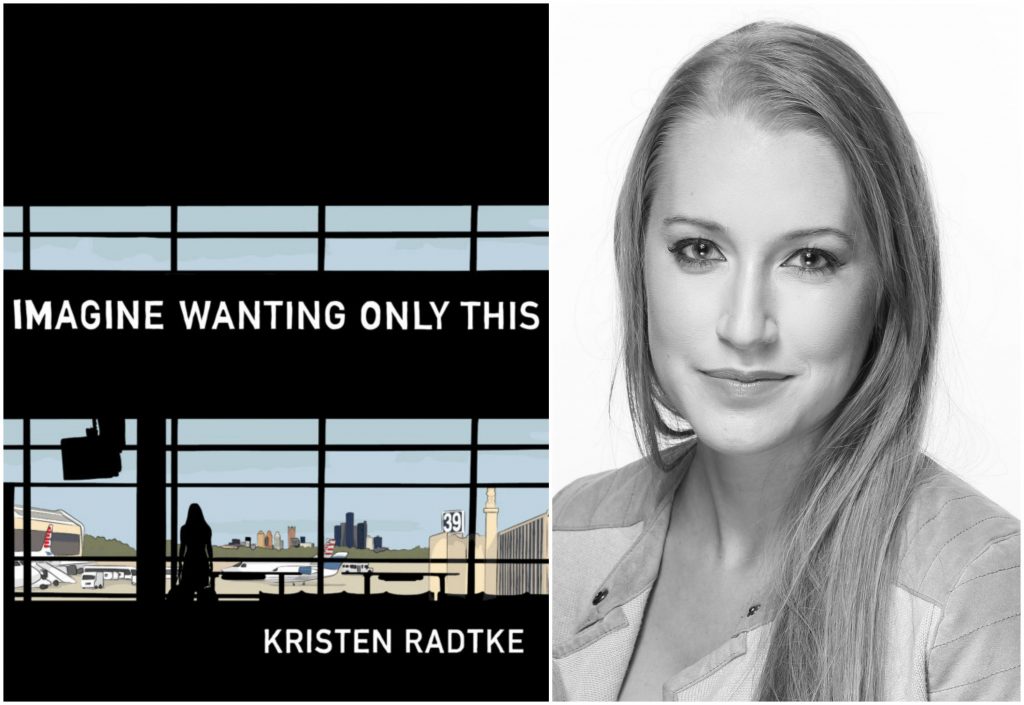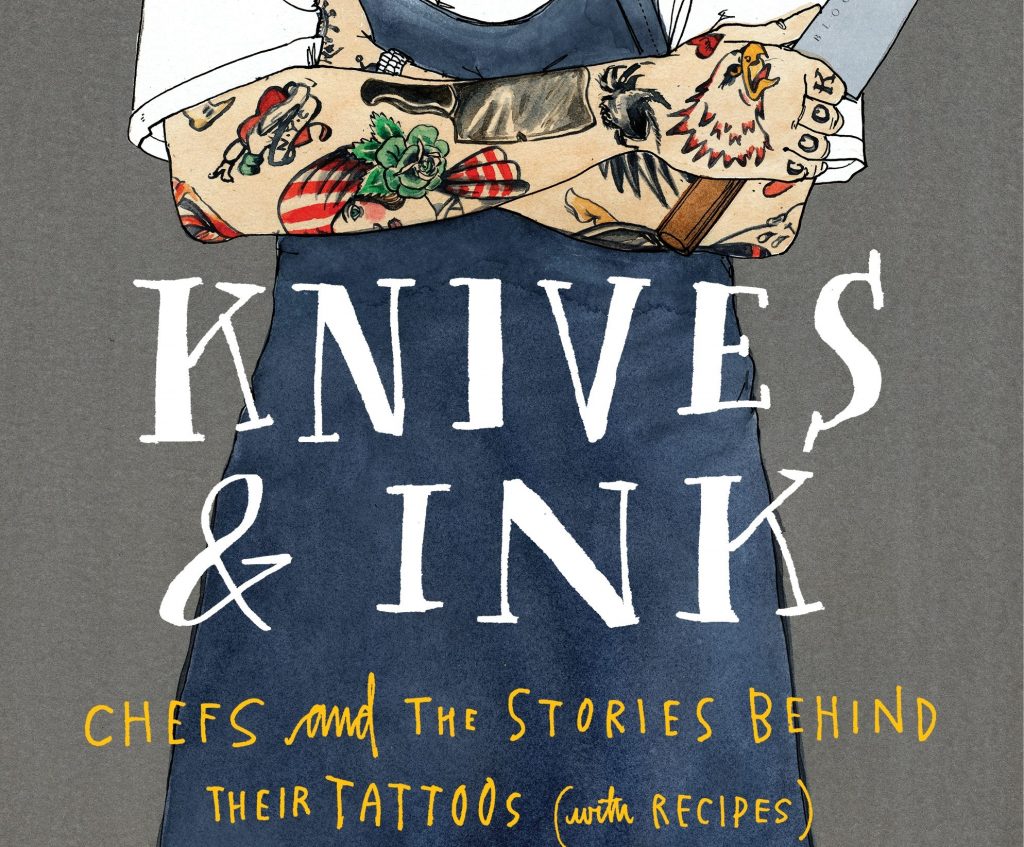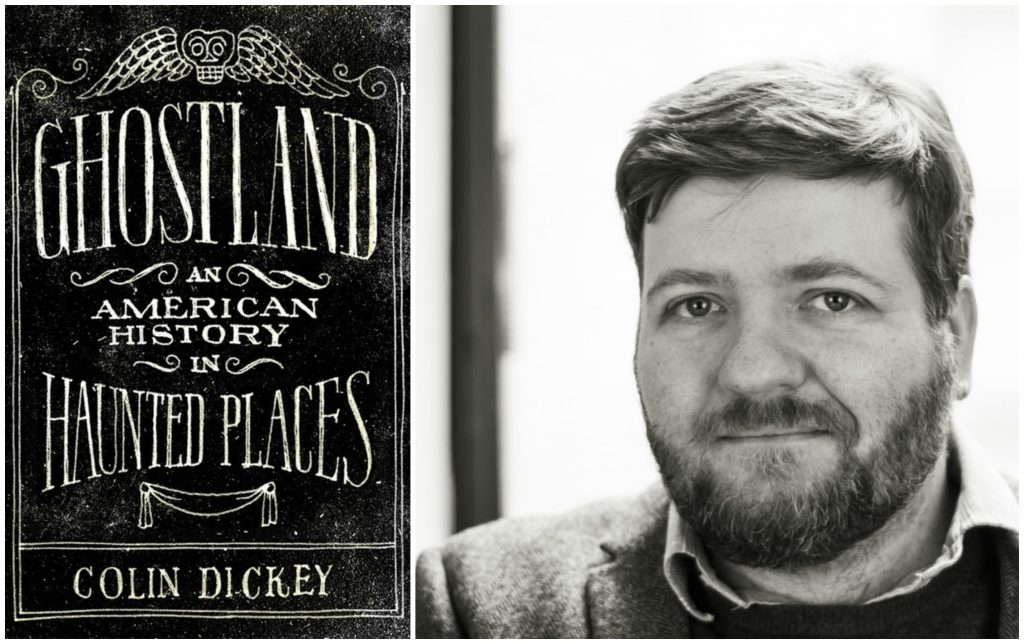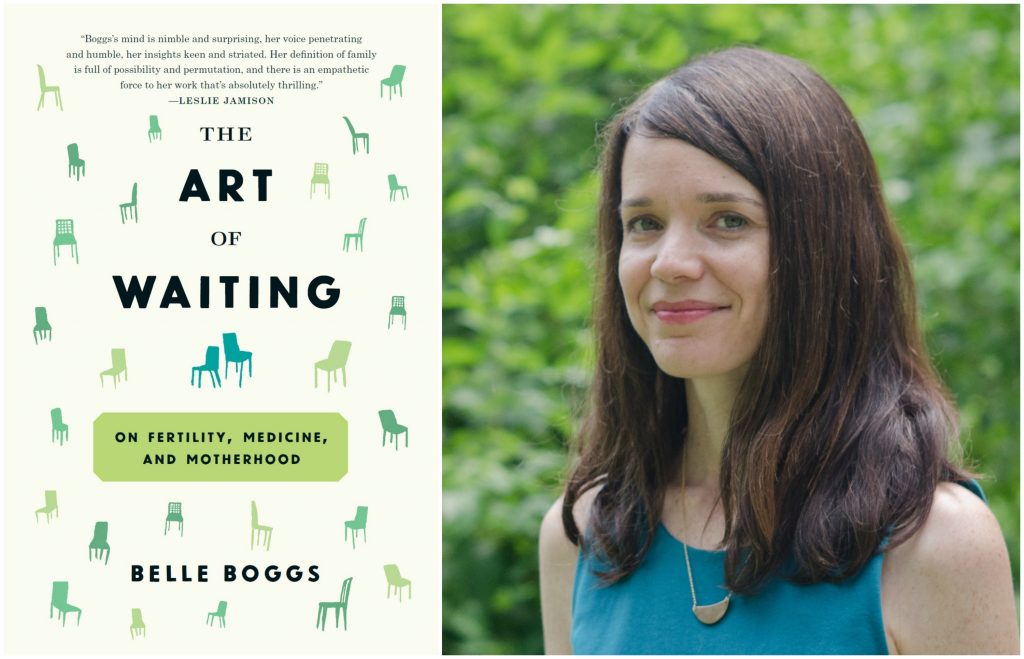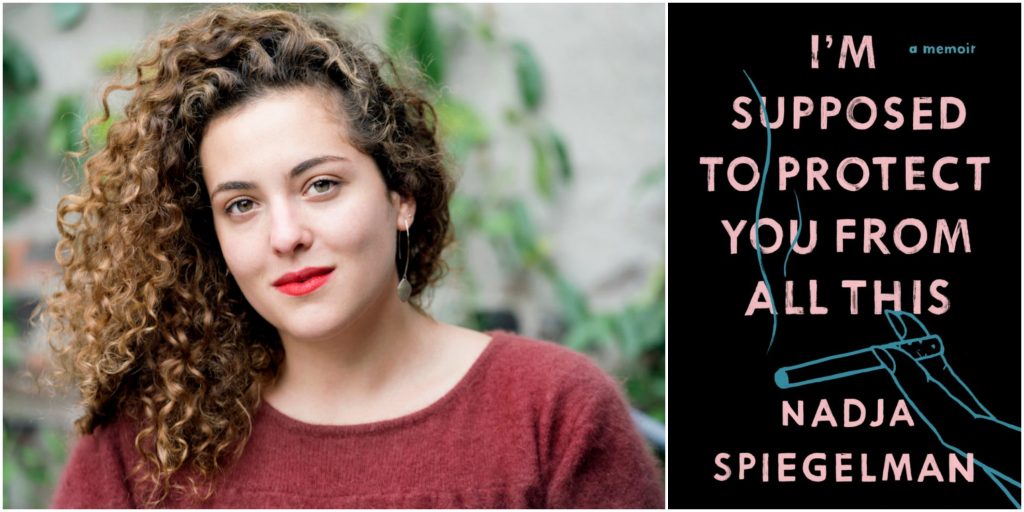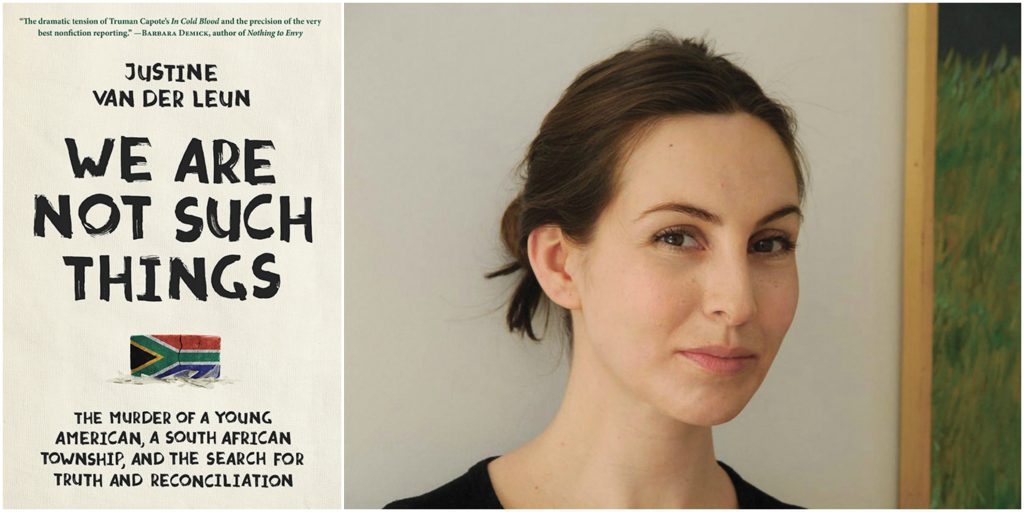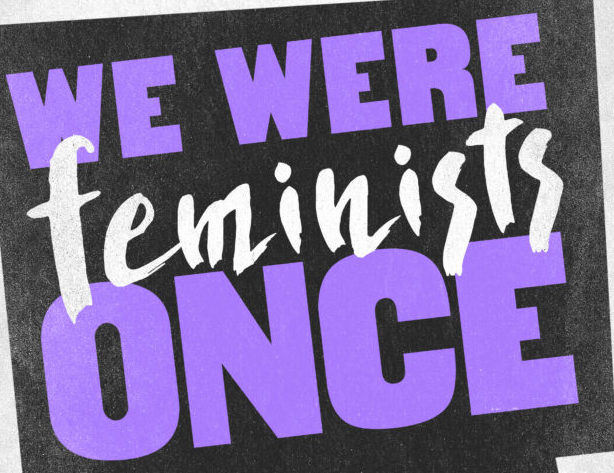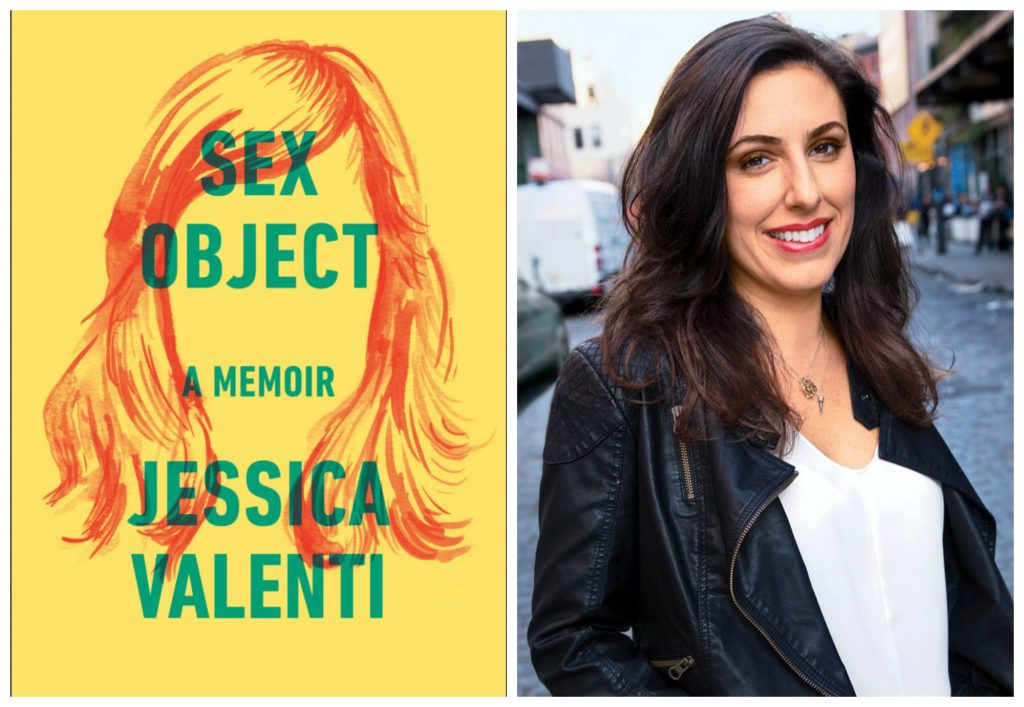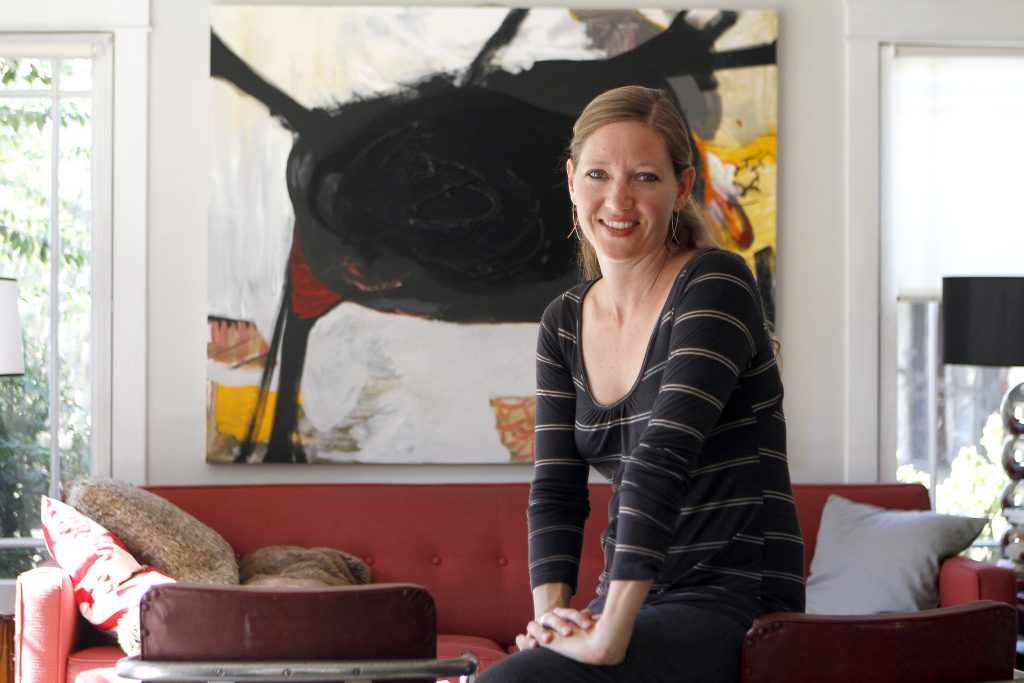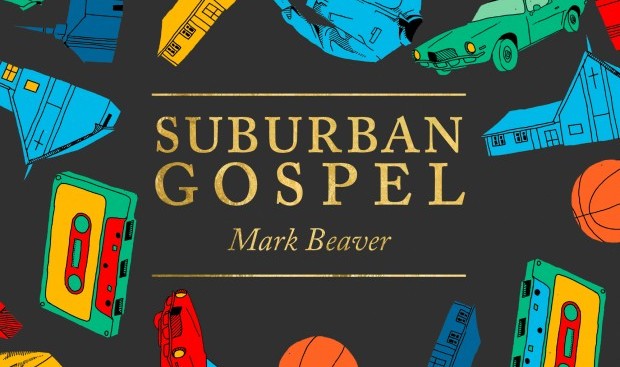On “Imagine Wanting Only This”: An Interview with Kristen Radtke
“I like drawing because it’s immediate — it hits us faster than prose writing. And I like pairing writing with images; you can get a sense of the background space and scene — stuff that wouldn’t necessarily move the narrative forward in standalone prose writing.”
On “Imagine Wanting Only This”: An Interview with Kristen Radtke Read More »

